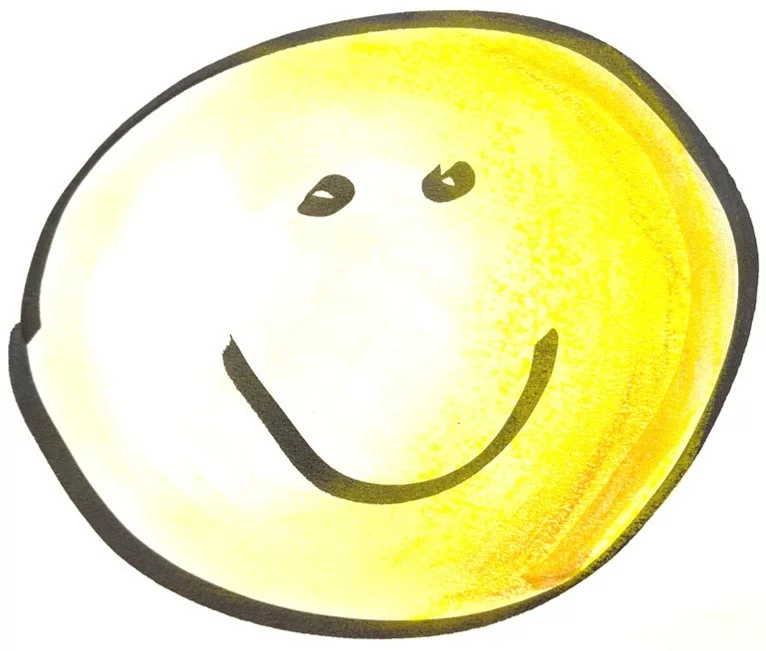Do you know this feeling of sitting in the lab, totally bored because you are just doing the same measurement for the umpteenth time, thinking that nobody needs to study for 5+ years to do what you are doing right now? What about the feeling of having put a huge amount of effort into your paper writing, working late to get everything ready in time – only to get it back all red from your supervisor’s corrections? Or having a reviewer (who clearly doesn’t understand your study) state it is not new or original enough, or not getting any response for ages? Add to this an instrument that breaks down just before your last measurement, a PC that crashes just before the model finished calculating, and you have a great recipe to frustrate a scientist. This blog post helps you get rid of the frustration and be happier at and with your work.
I will admit that there were times when I wanted to quit my PhD or postdoc projects. I wanted to get away from another day of boring lab work (changing the sample and hitting enter every 20s), or from a supervisor who postponed reading my manuscripts for months (or years) and got mad at me when I dared asking for their feedback. There were days when I hated my work (or my supervisor; I hope they will not read this, otherwise: sorry), and wanted to escape to a lonely island without internet connection. Nevertheless, I somehow survived both my PhD and postdoc time, and have supervised quite a few students in the meantime. From this experience, I can tell you that wanting to quit and being annoyed with your supervisor is part of the experience.
What can you do on those difficult wanting-to-quit-and-escape-to-an-island days – or on any day really to be happier with your work? First of all, remember the reason why you do it. This could be wanting (or needing) that PhD degree or postdoc experience for your dream job, a genuine interest in the topic, or the wish to contribute to a better world. Do you still remember why you decided to apply for this project? Maybe it helps to take a step back and remind yourself of the big picture and potential impact of your research, or it may help to envision the exchange at the next conference, the finished paper, or the moment of holding your thesis in your hands. Secondly, connect with colleagues – fellow PhD students and postdocs, people in your group, students, friends outside of academia – and talk about your difficulties. They may all look super-busy and successful, but once you open up, they will likely share their own struggles. Simply knowing that you are not alone is helpful, and you can support each other. Third, make a plan for the next month or year. What do you want to achieve and what do you need to get there? What are you looking forward to? How will you distribute your time amongst different tasks? How can you create the work environment you need? Fourth, get to know yourself and your working strategies: What makes you happy/motivates you? What flows naturally and needs little effort? What is hard/takes extra effort to do? Are you the kind of person who wants to get a boring/difficult task over and done with first thing on Monday morning, do you rather start with easy tasks to warm up, or would you distribute the boring/difficult tasks for 1 hour each day in-between more pleasant ones? Either is fine, as long as you take a conscious decision and stick to your strategy. If you do not know which strategy works best for you, then try them out and observe to find out. Fifth, create learning opportunities. It may be hard to find the time to follow a course, read a book, or practice a language, but often the time you invest in learning makes your work easier and more efficient in the long run. In addition, you will meet new people and come back motivated and full of ideas, so time invested in learning is valuable. Finally, look back on everything you achieved so far, and be proud of yourself. As scientists, we are trained to focus on the next problem to solve, a new method to develop and another paper to write. The effort it took to get us where we are today is easily forgotten. Therefore, take a break and make a list of all the skills and competencies you needed to get to your current position. Climbing a mountain is hard, but it gets easier when you know you almost made it to the top. Similarly, your research project is hard, but knowing that the dedication and hard work that brought you to this point will also help you with your next step, makes you feel that tiny little bit better on a difficult day.
